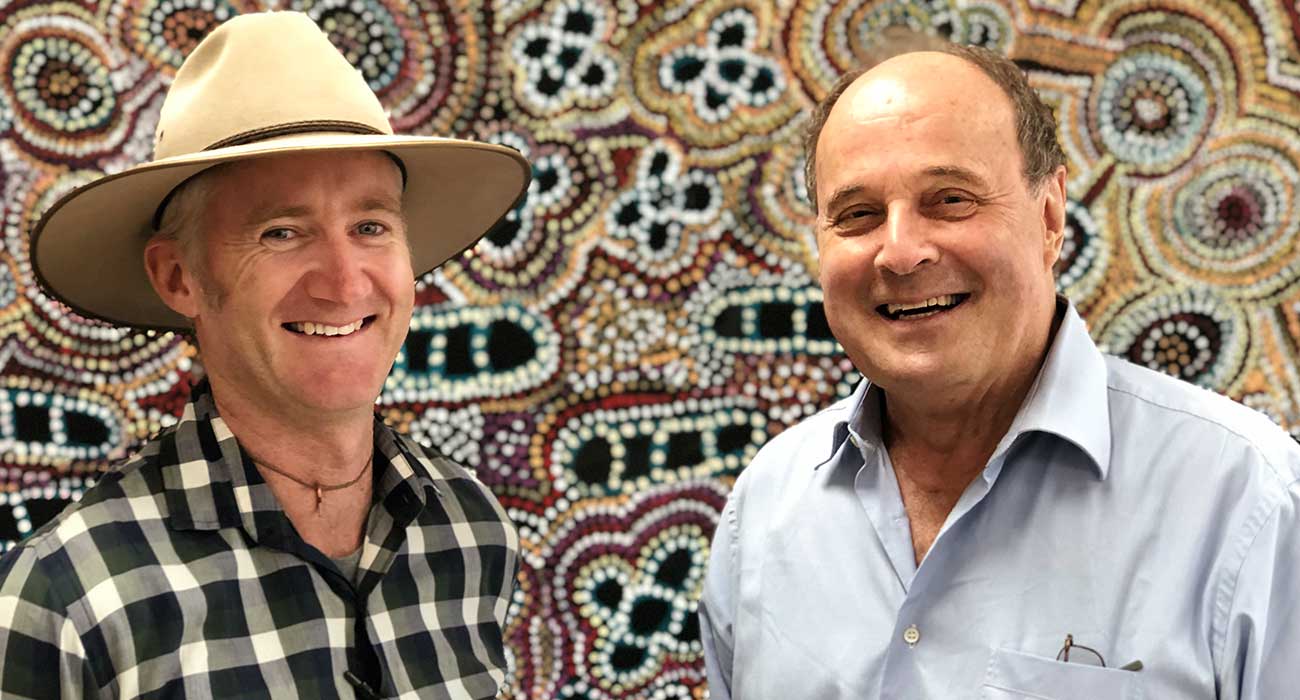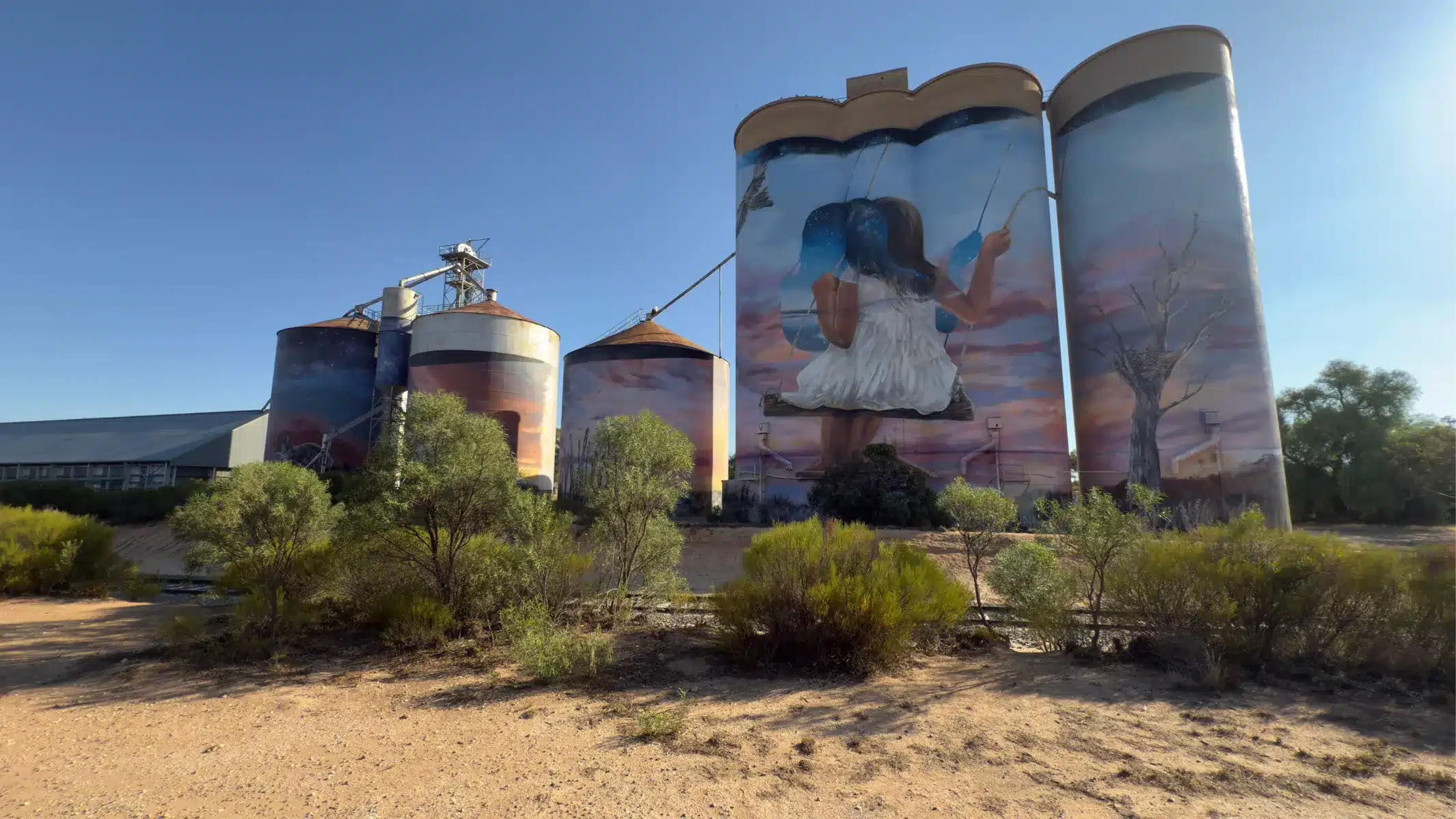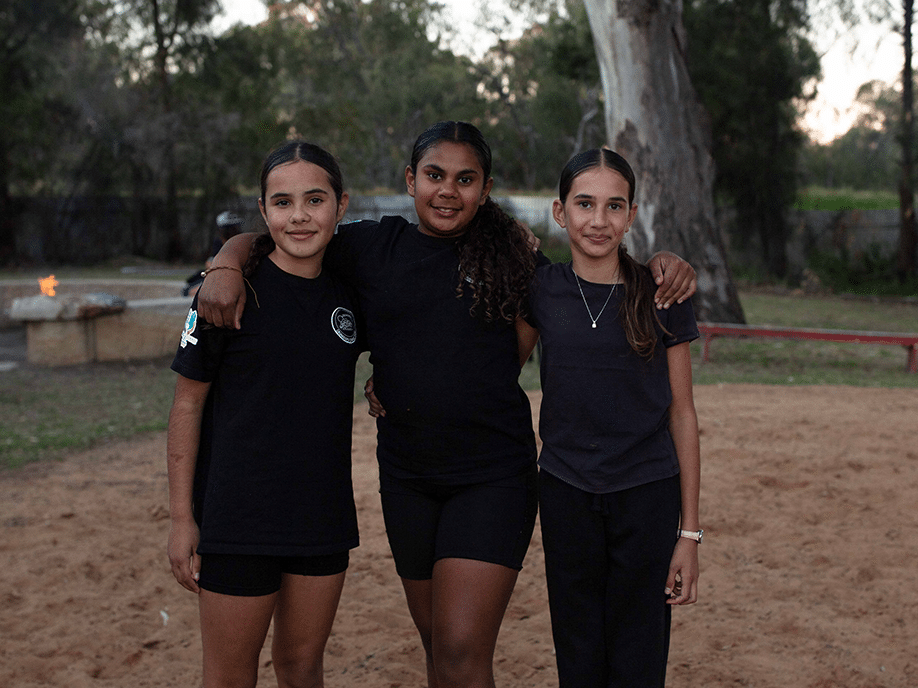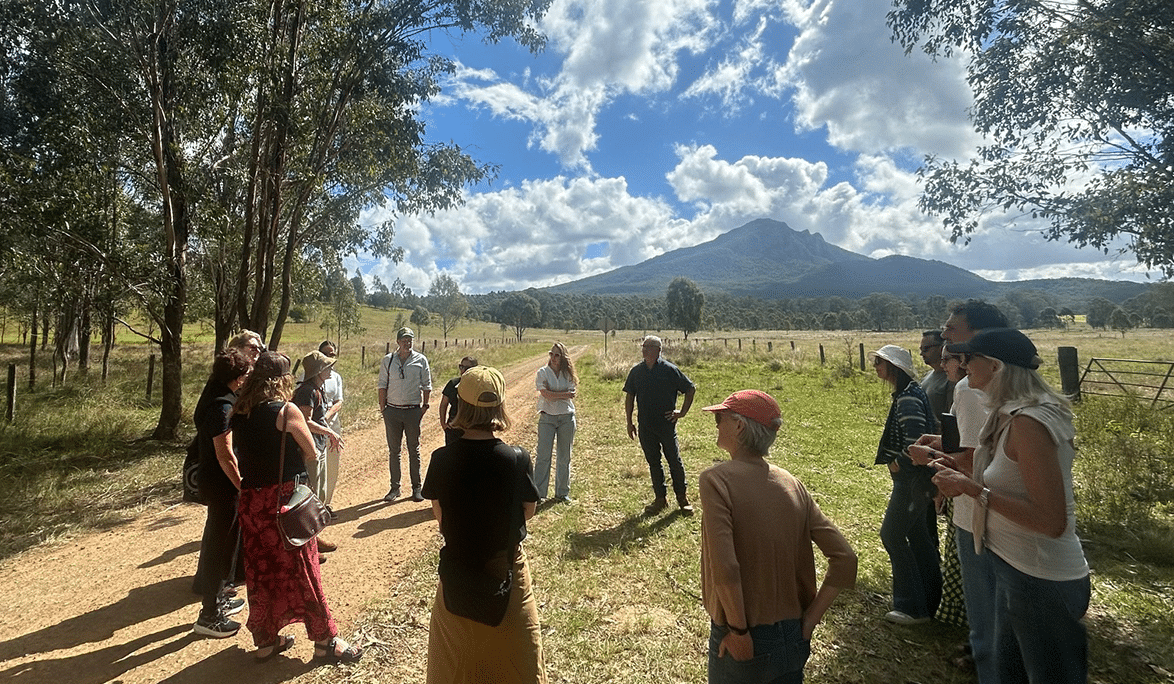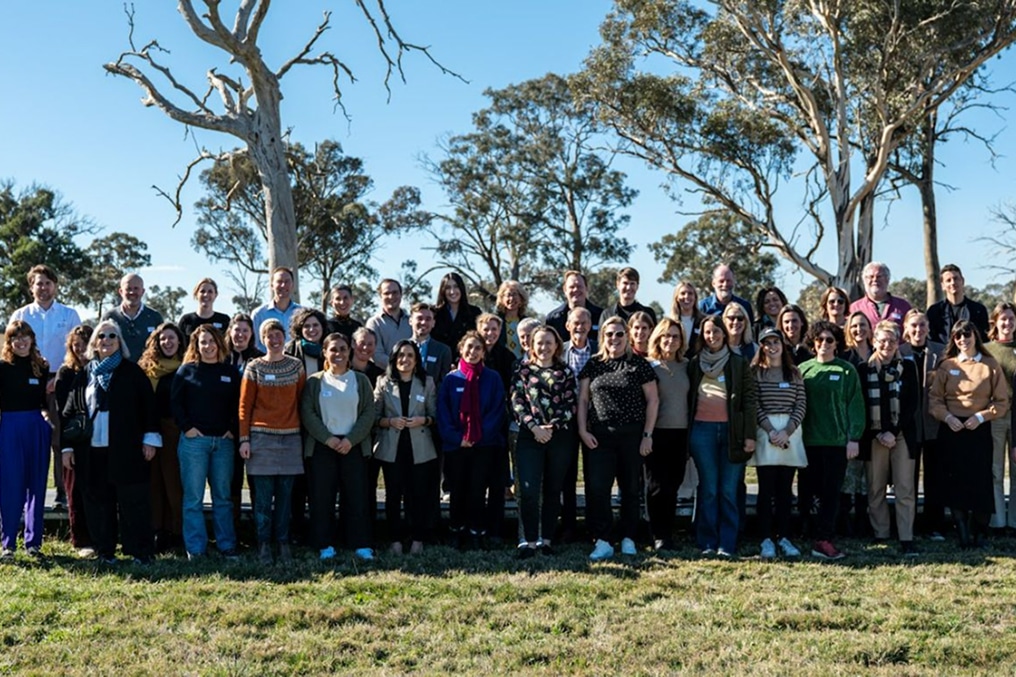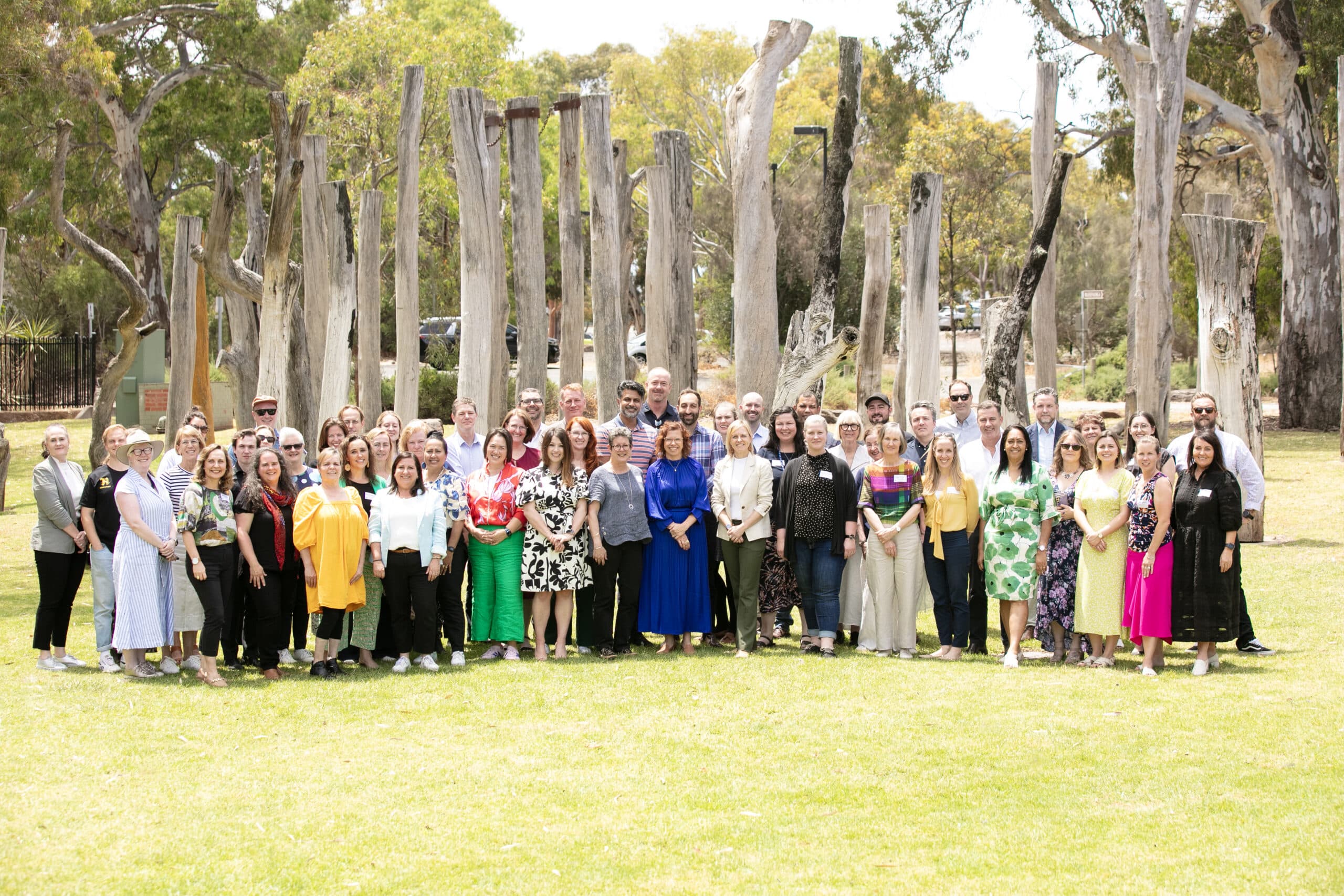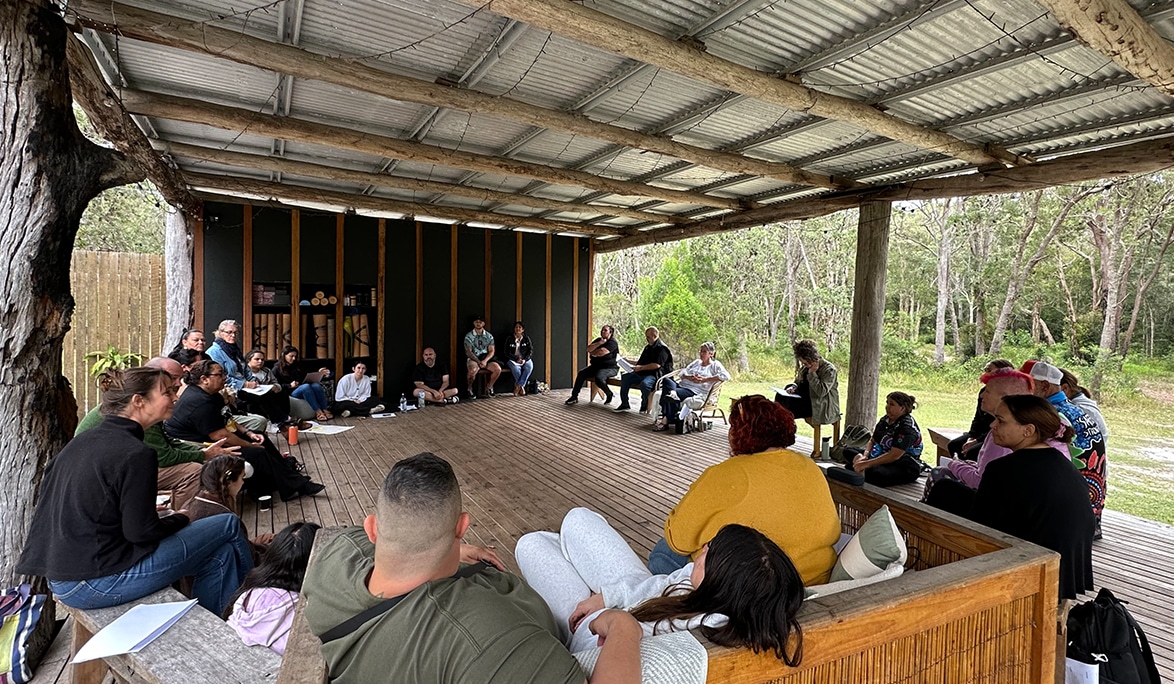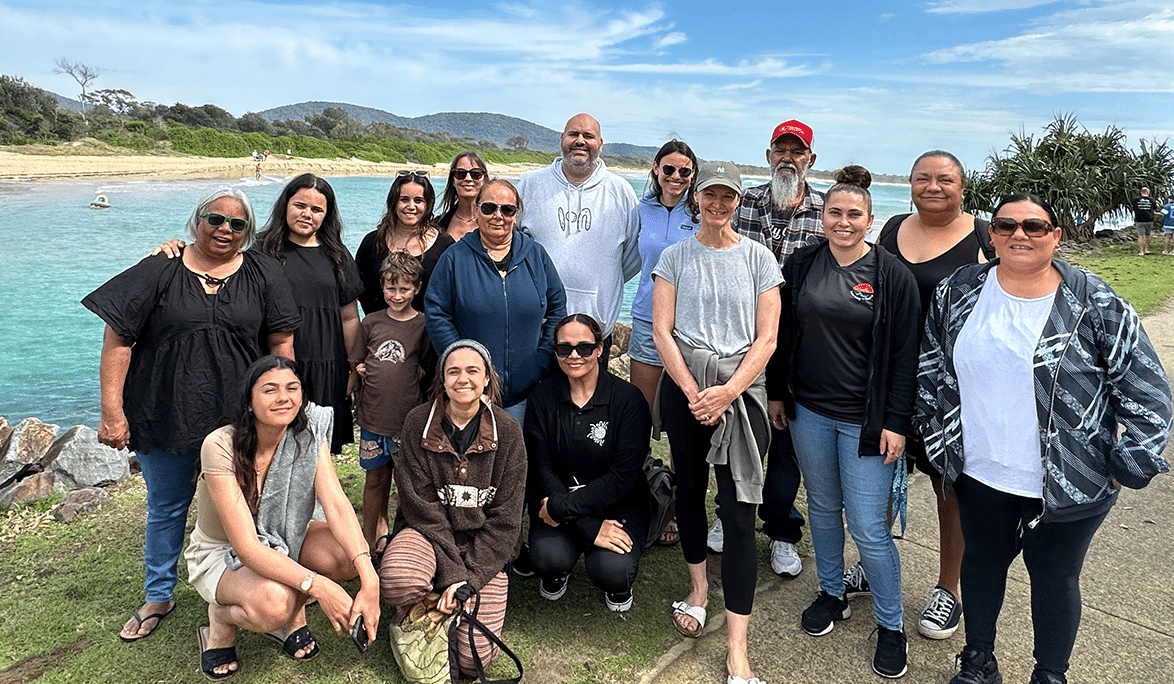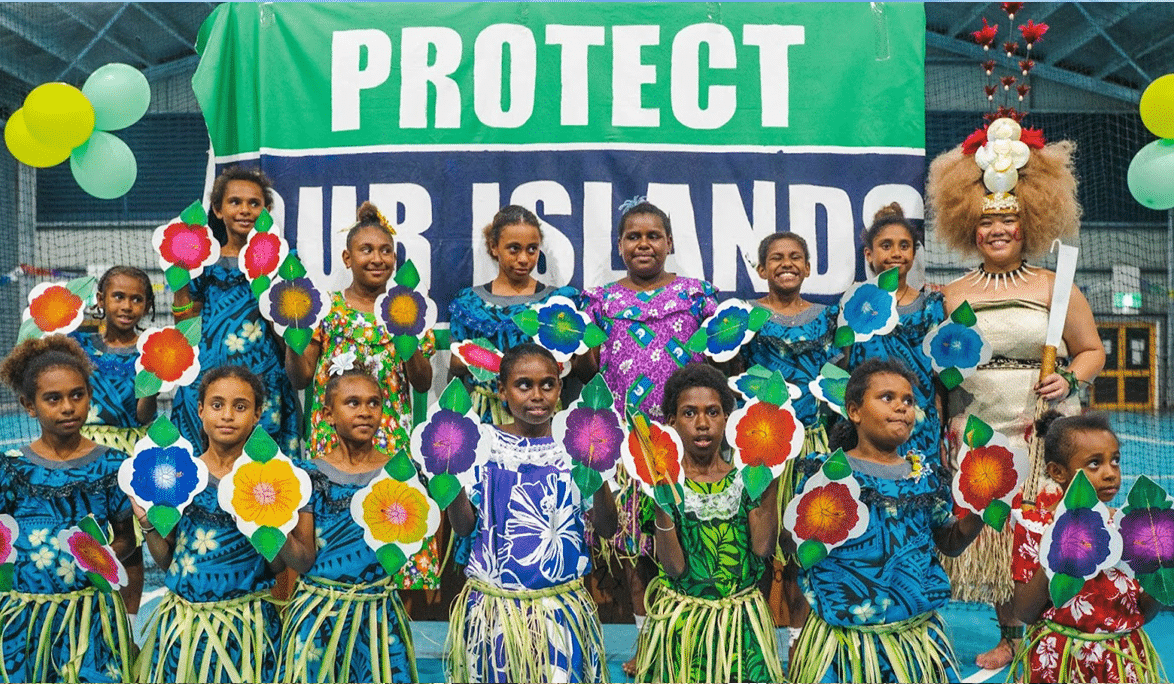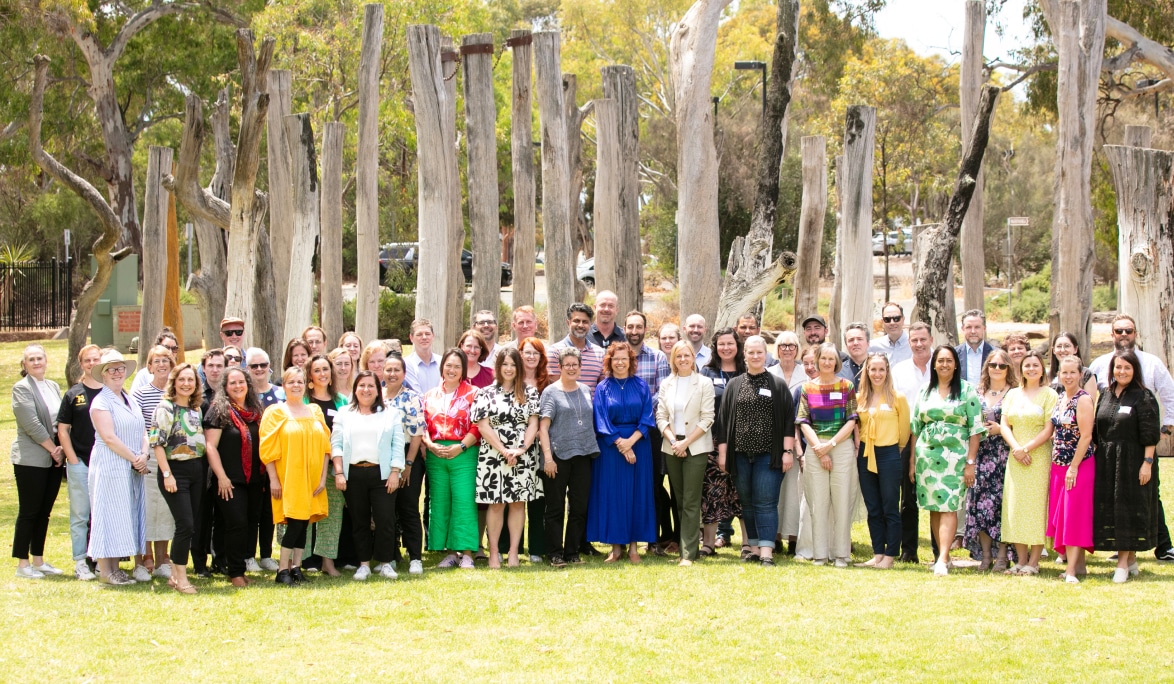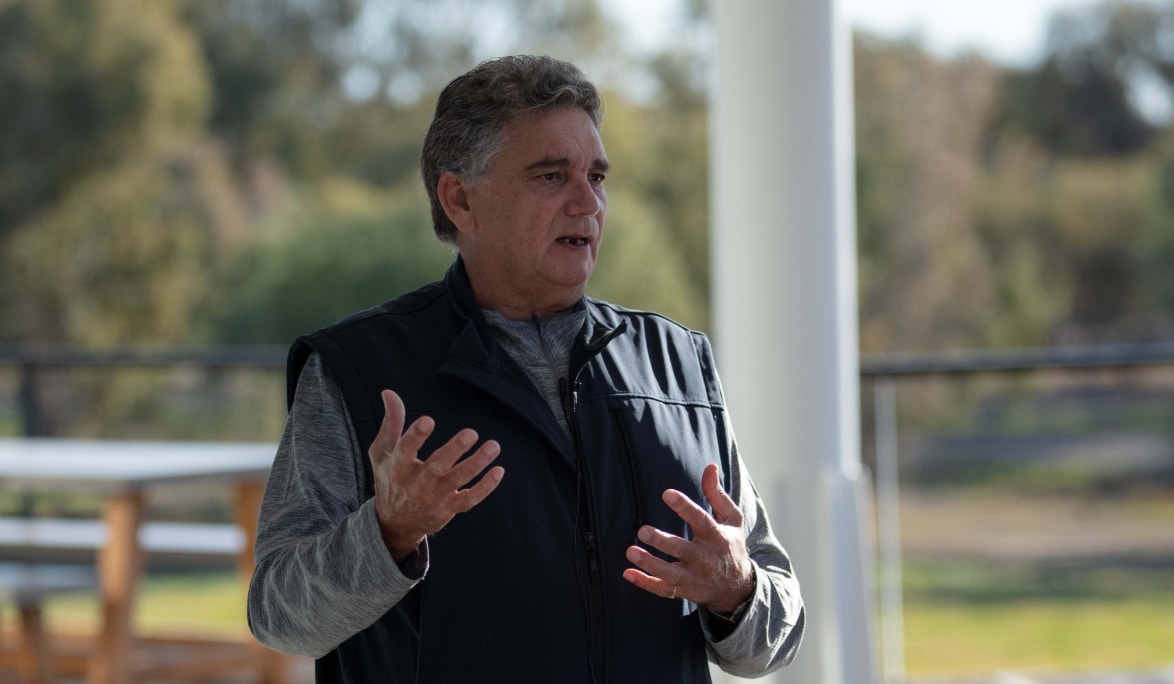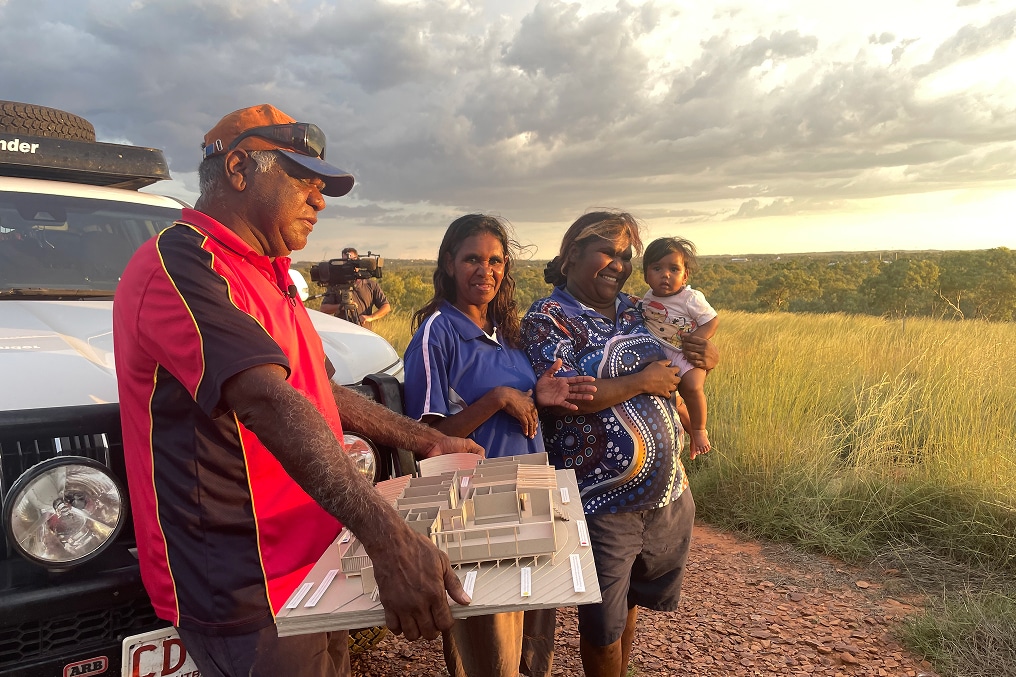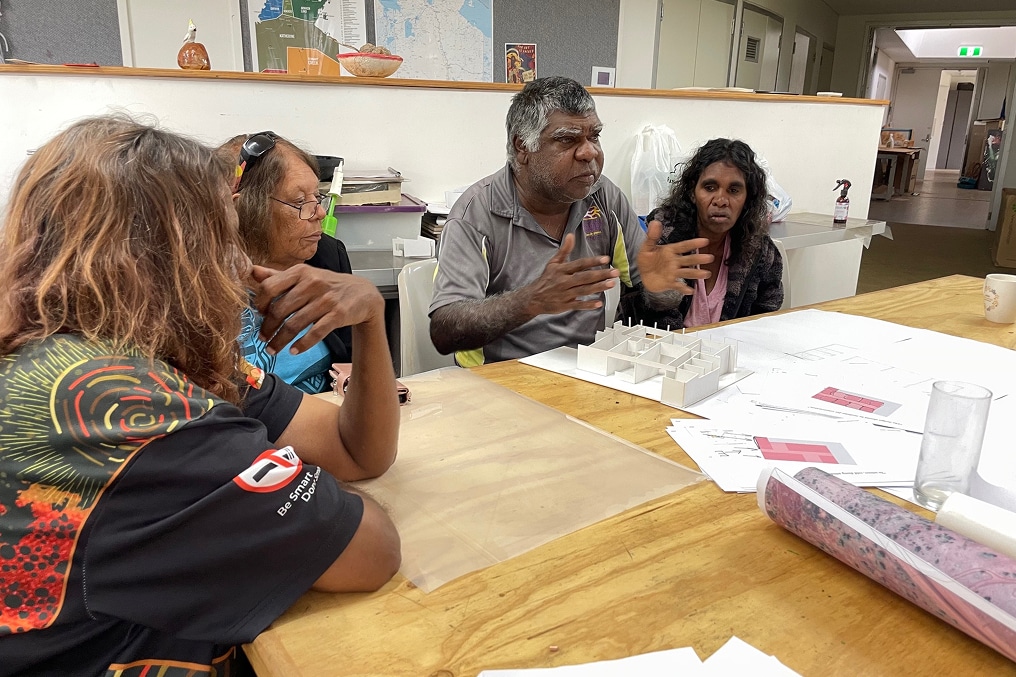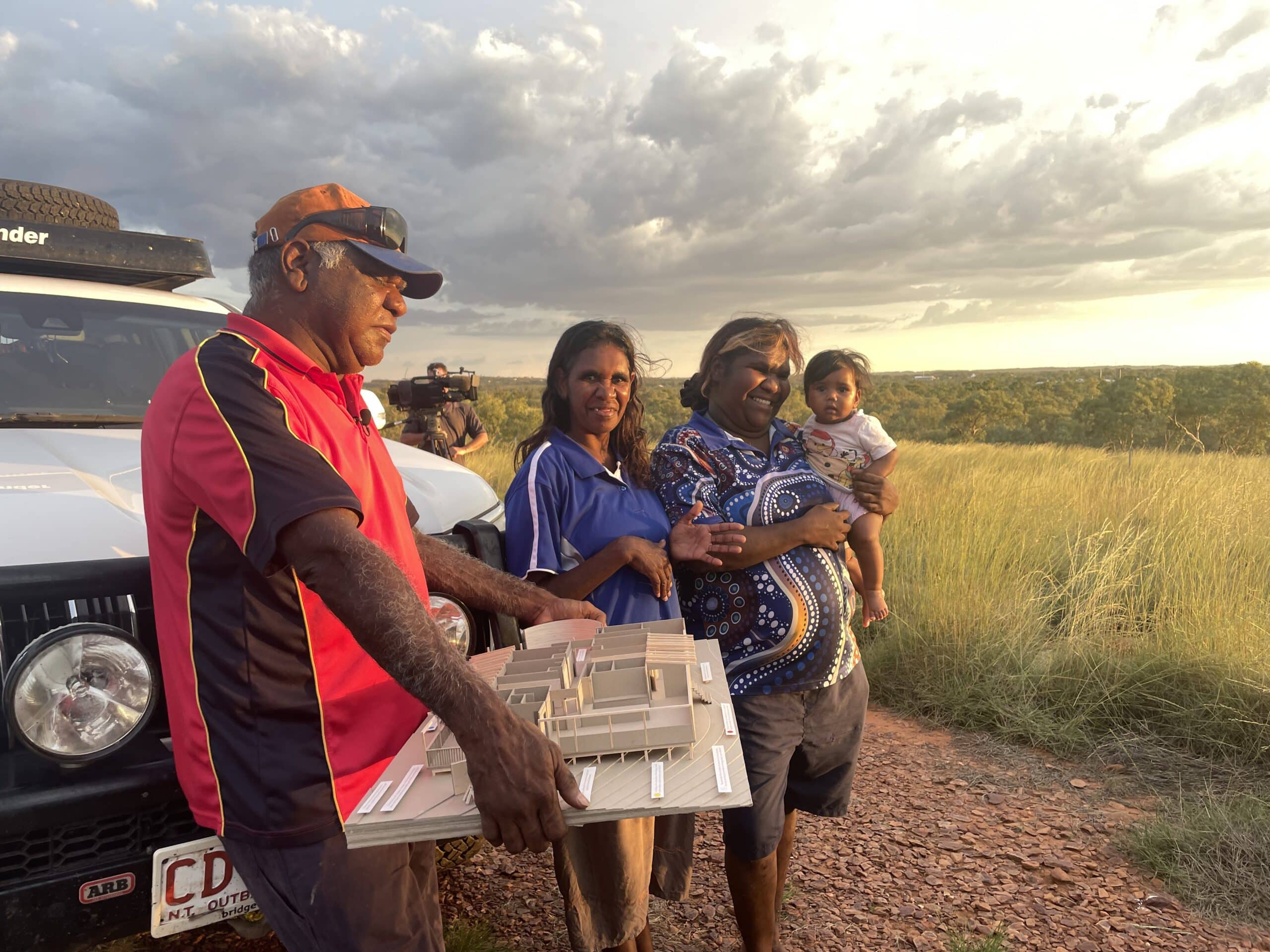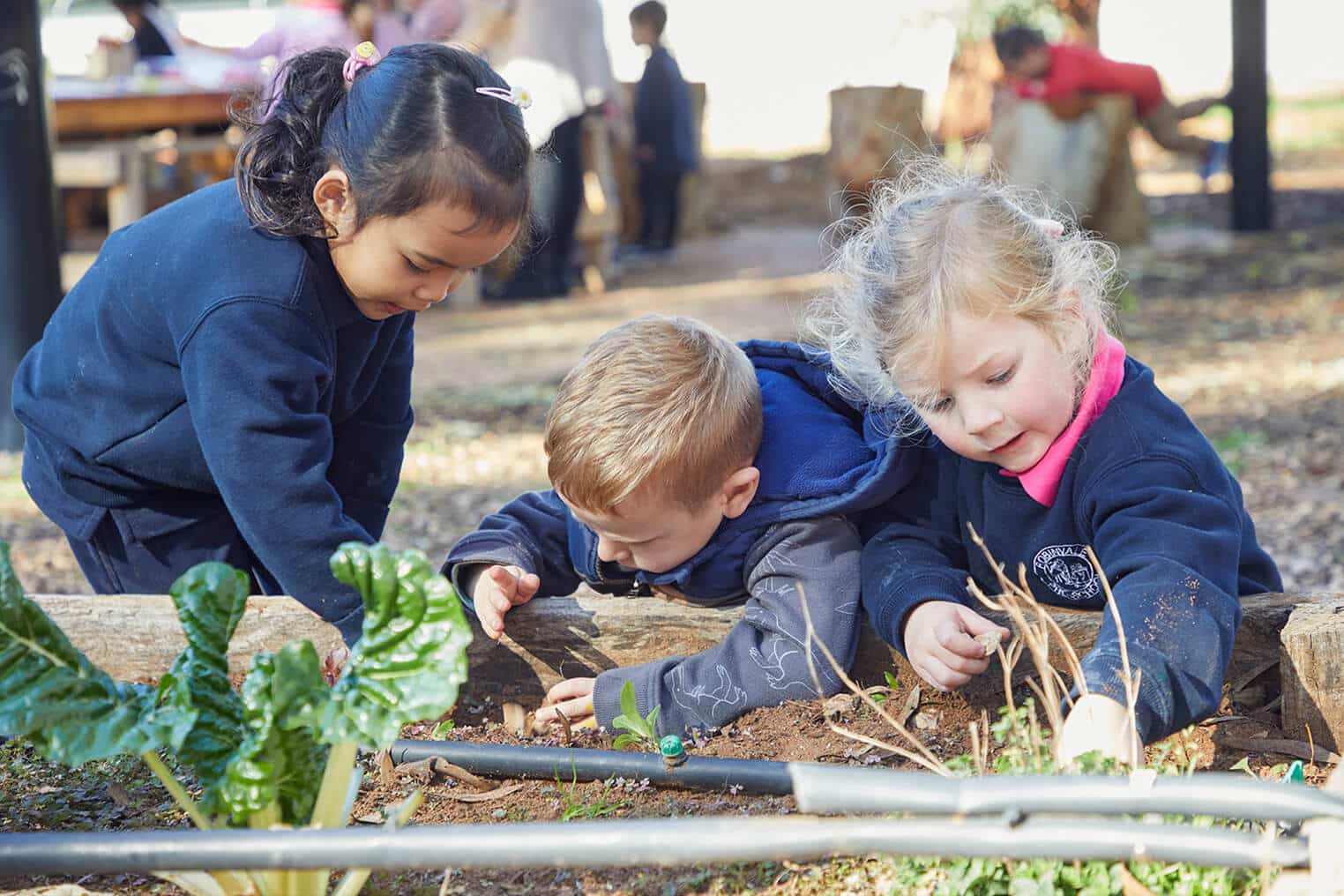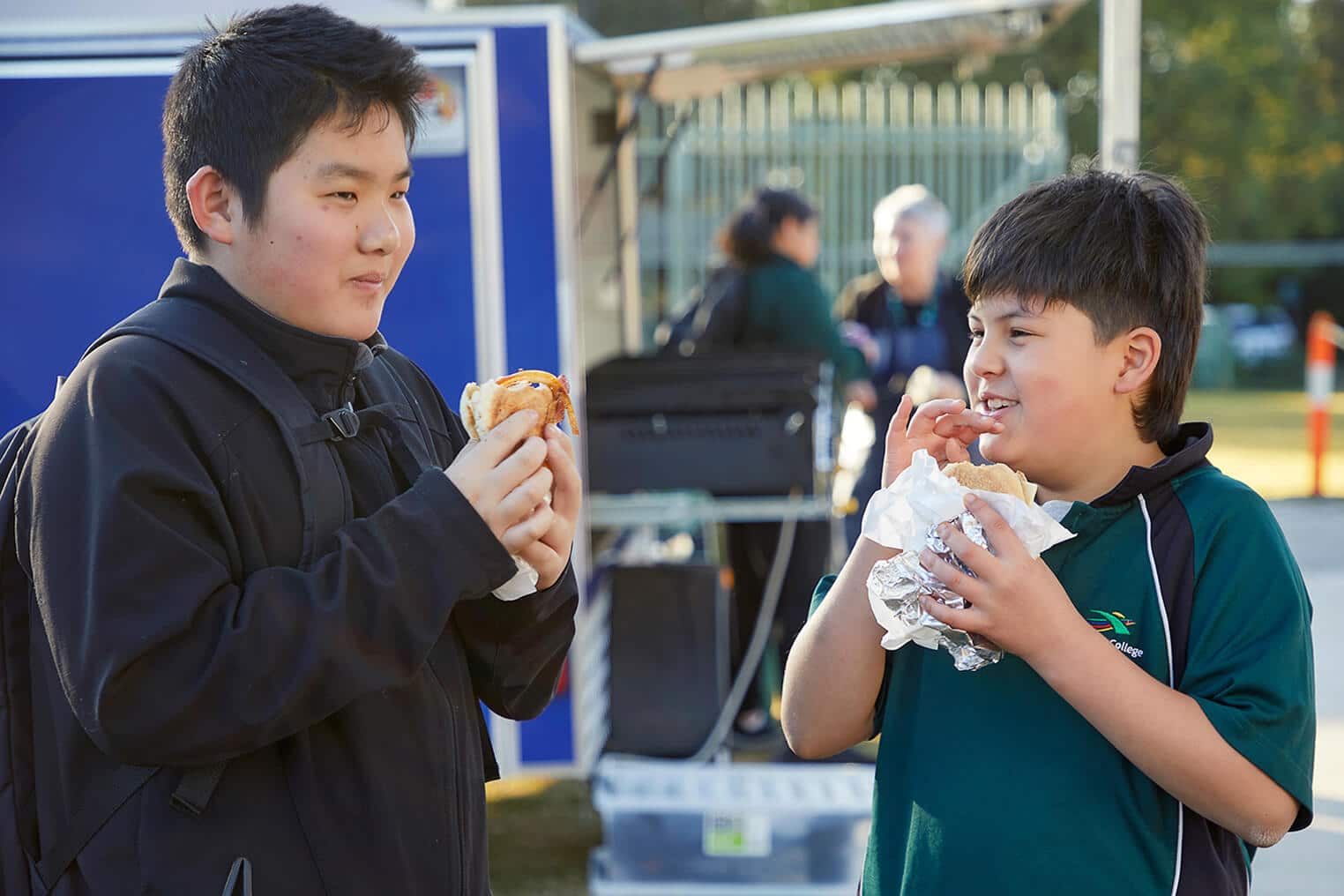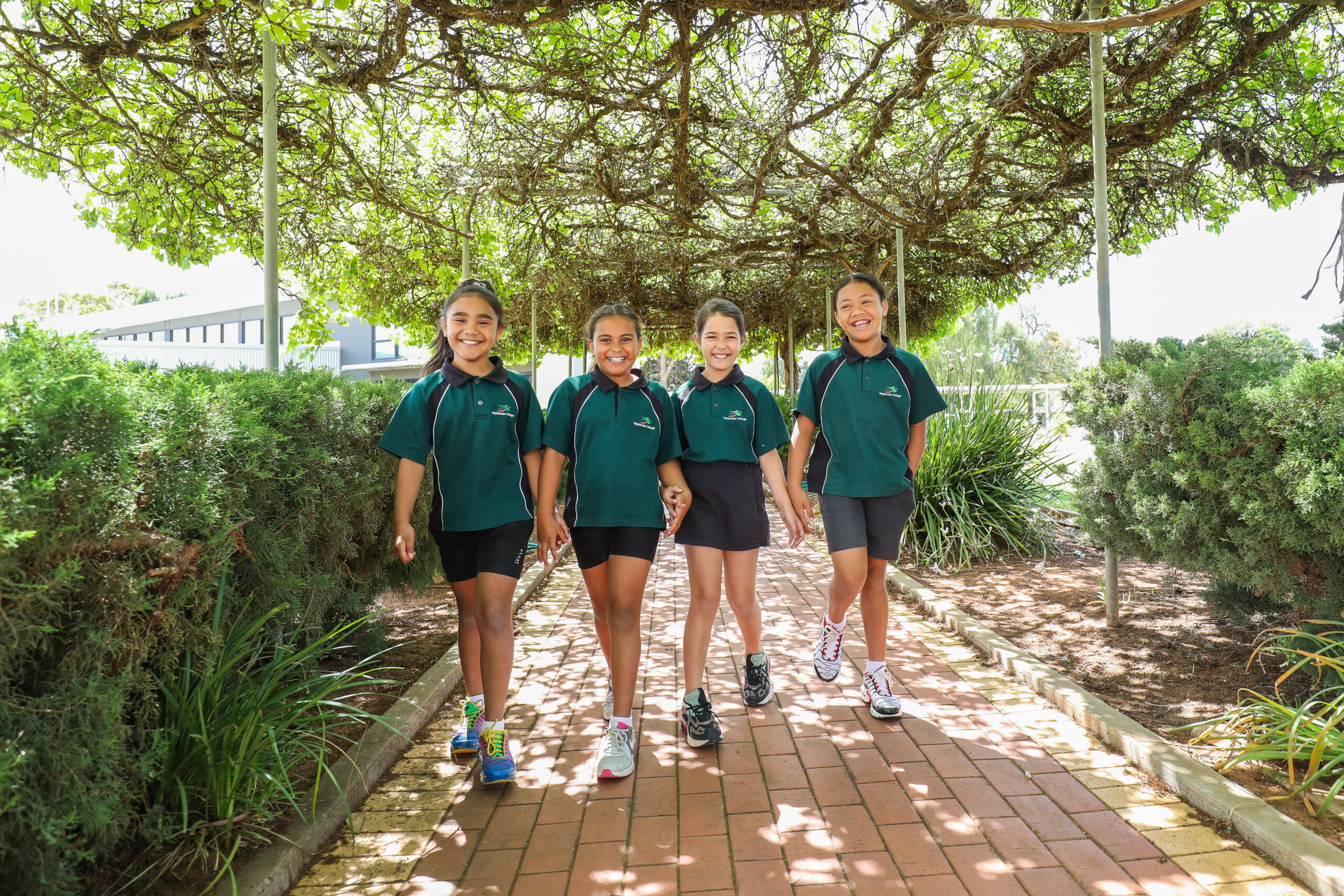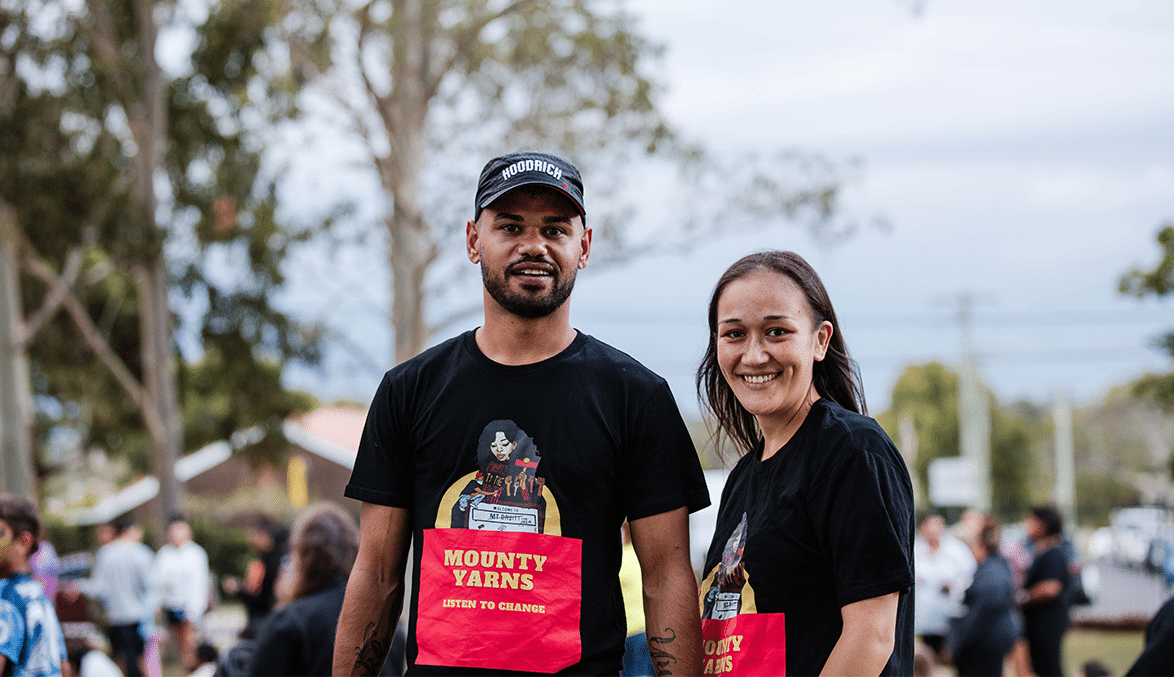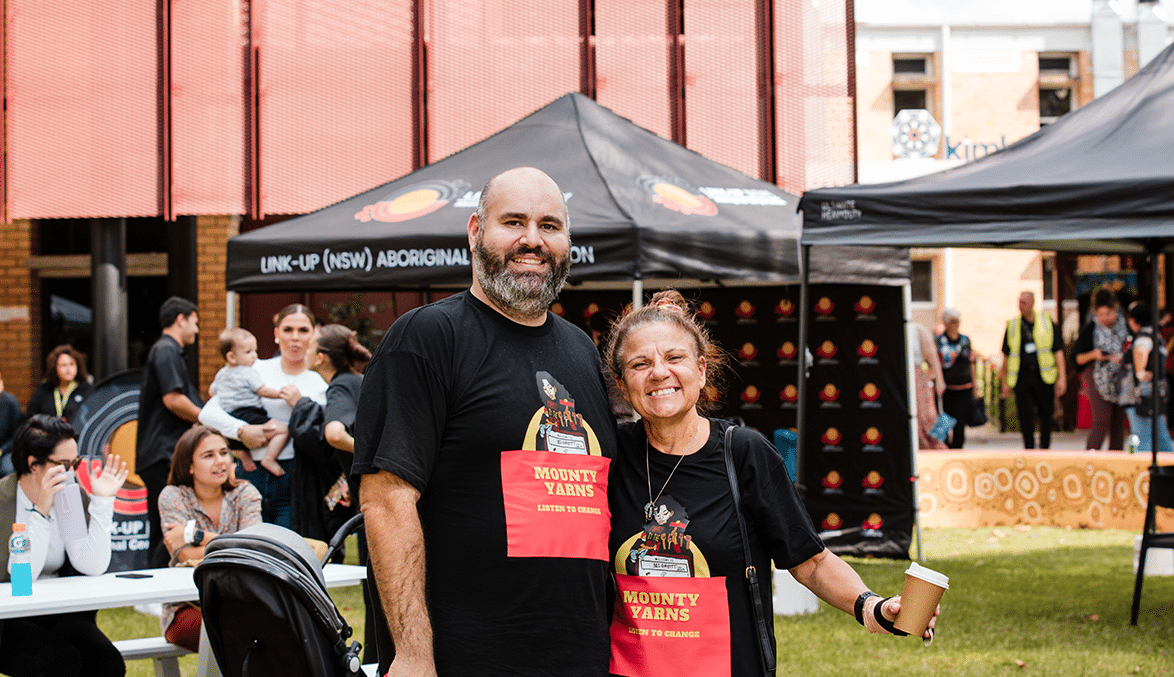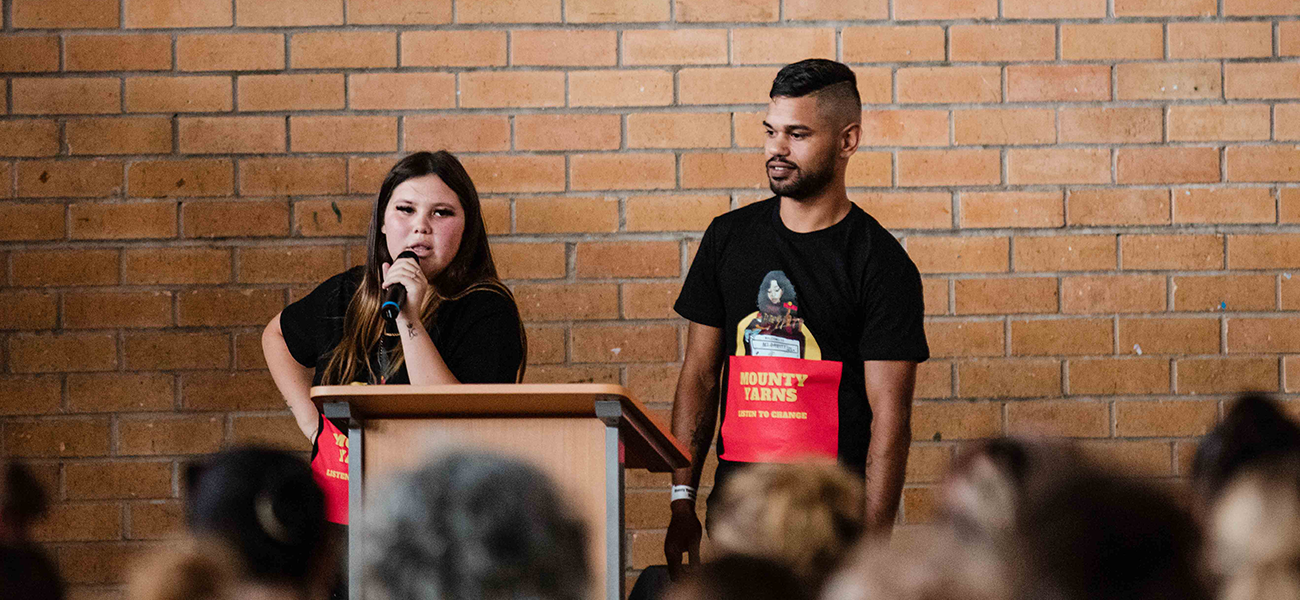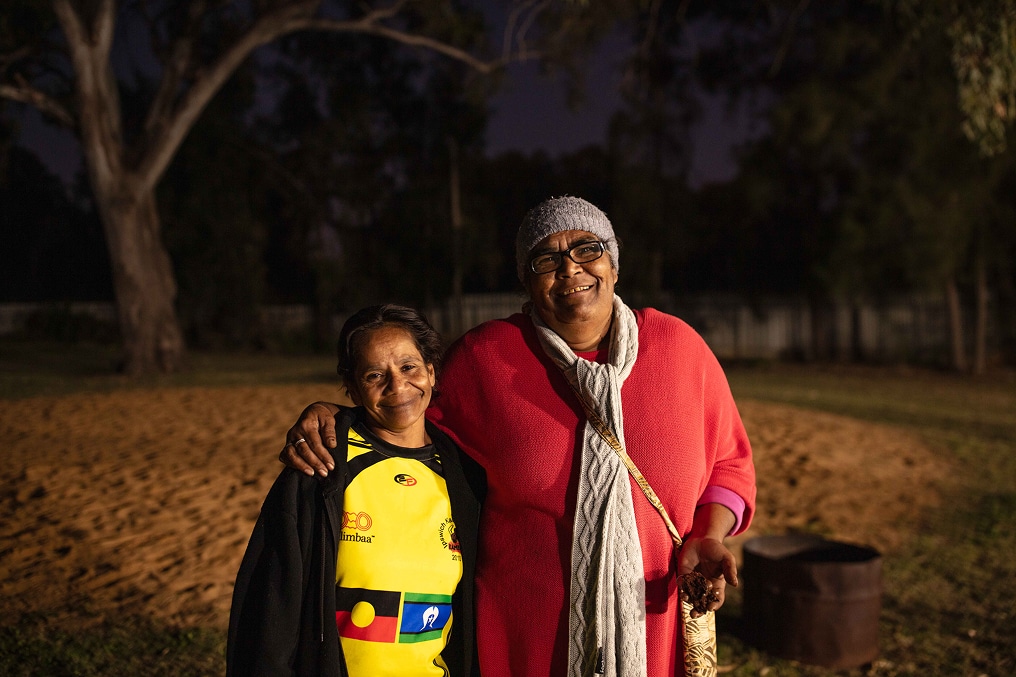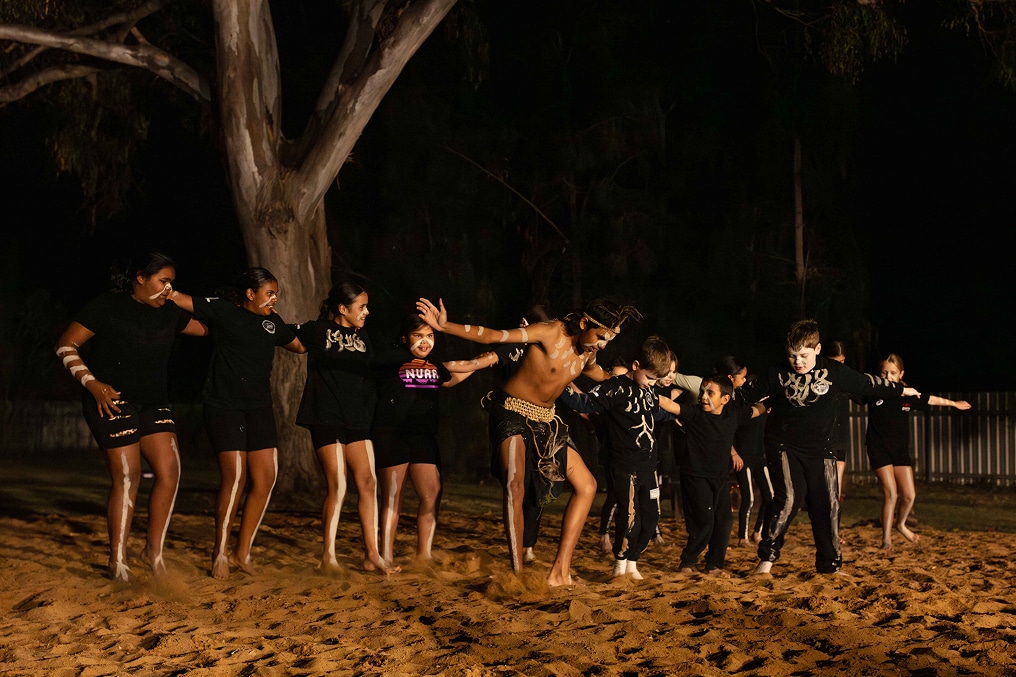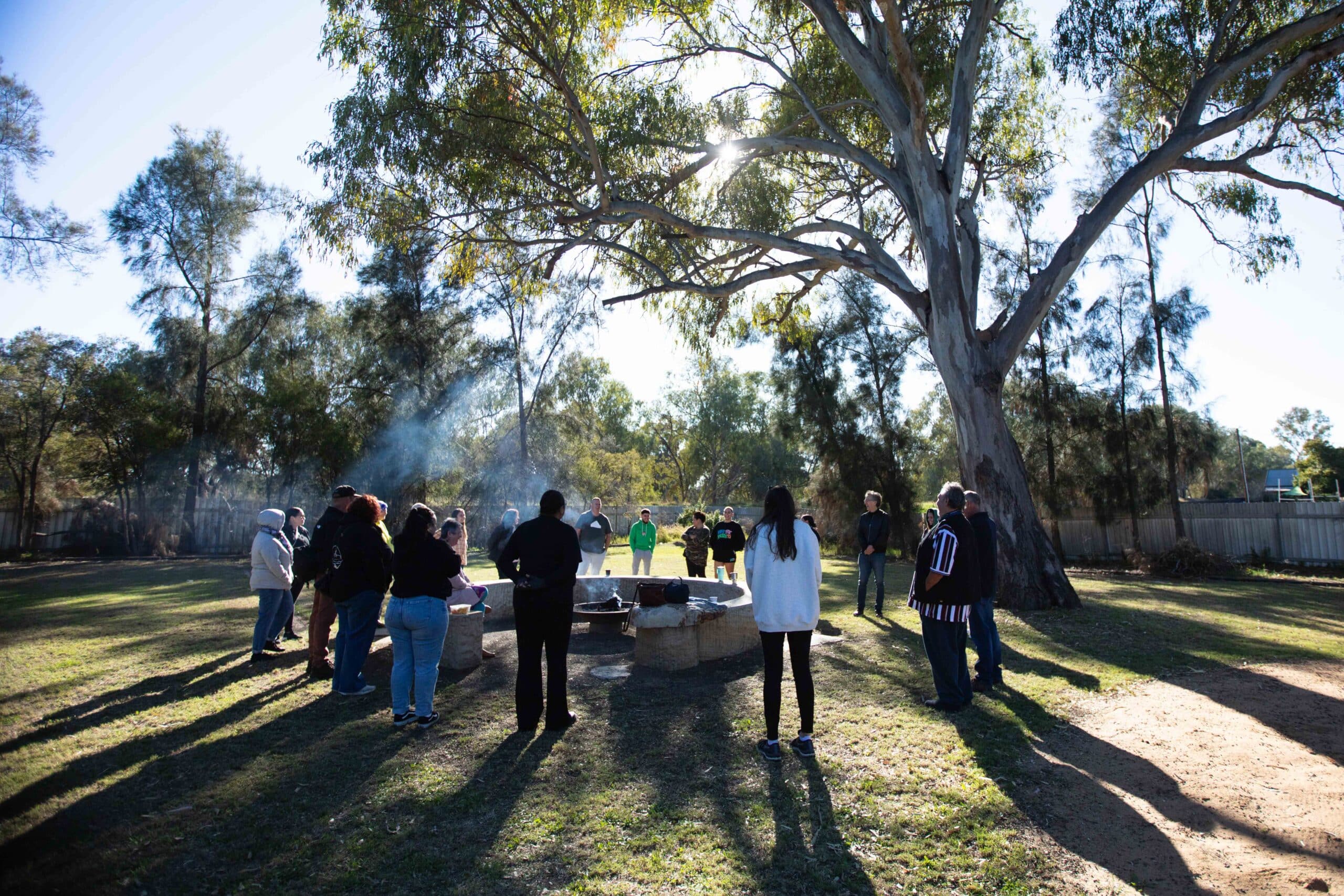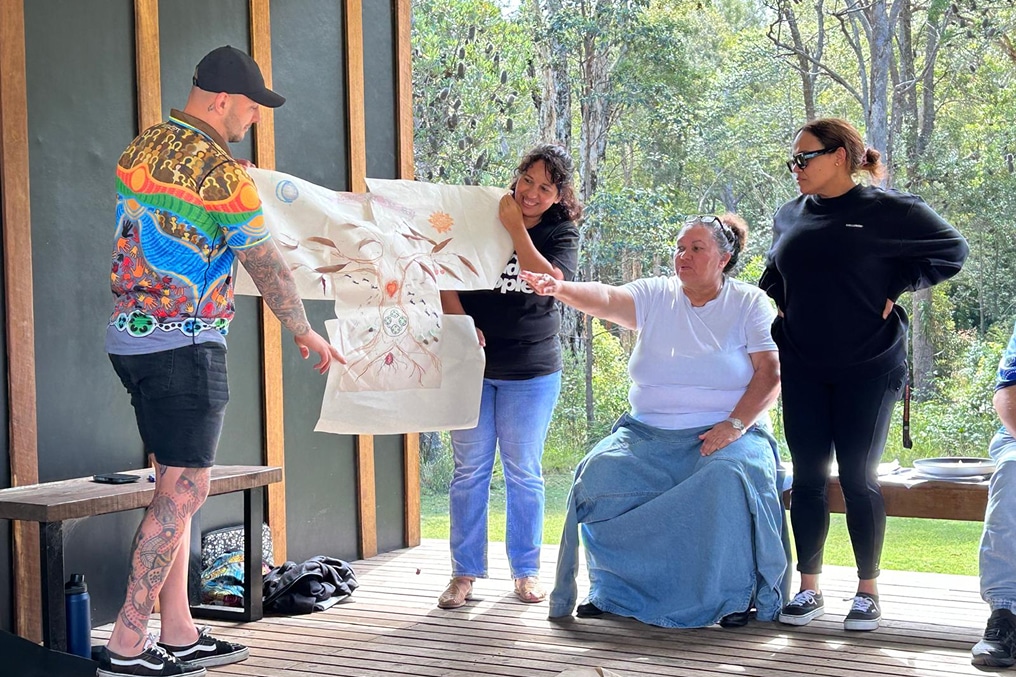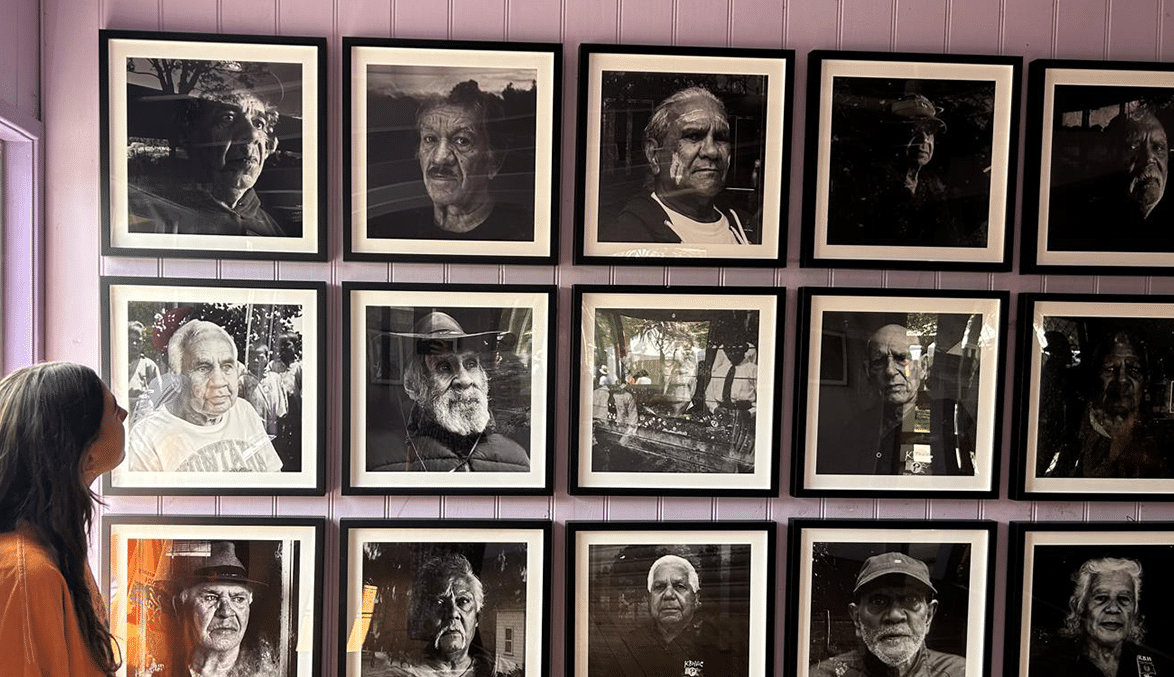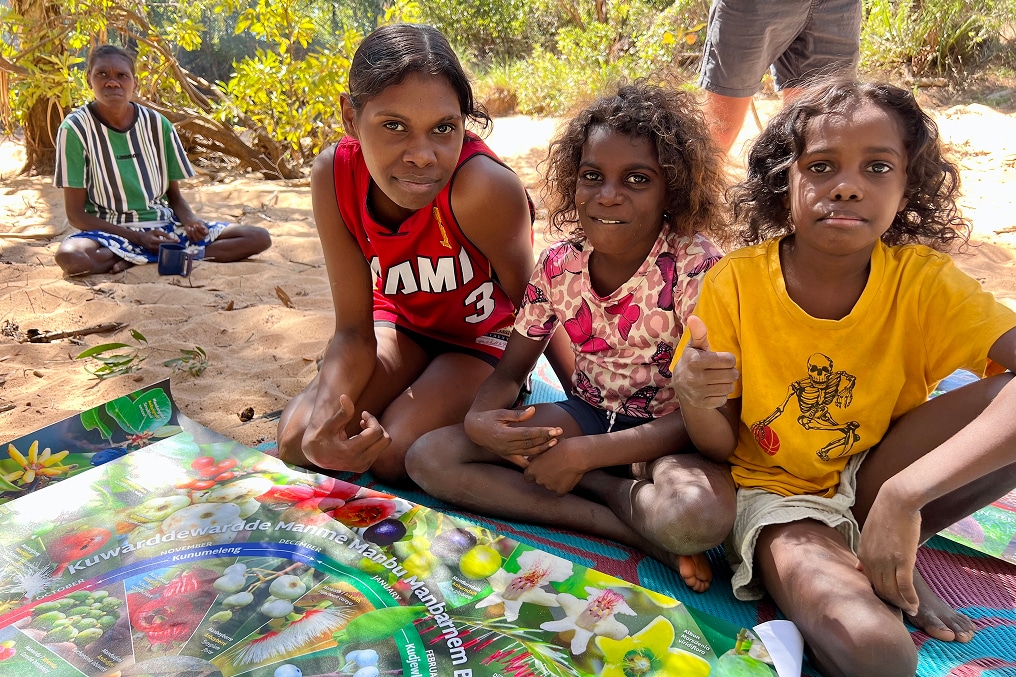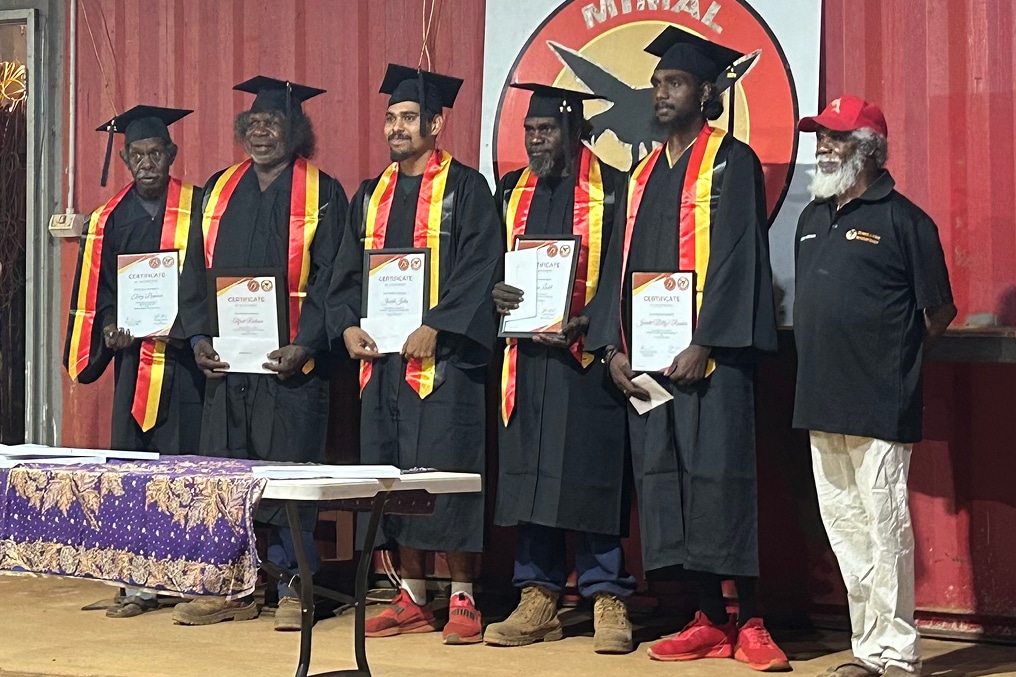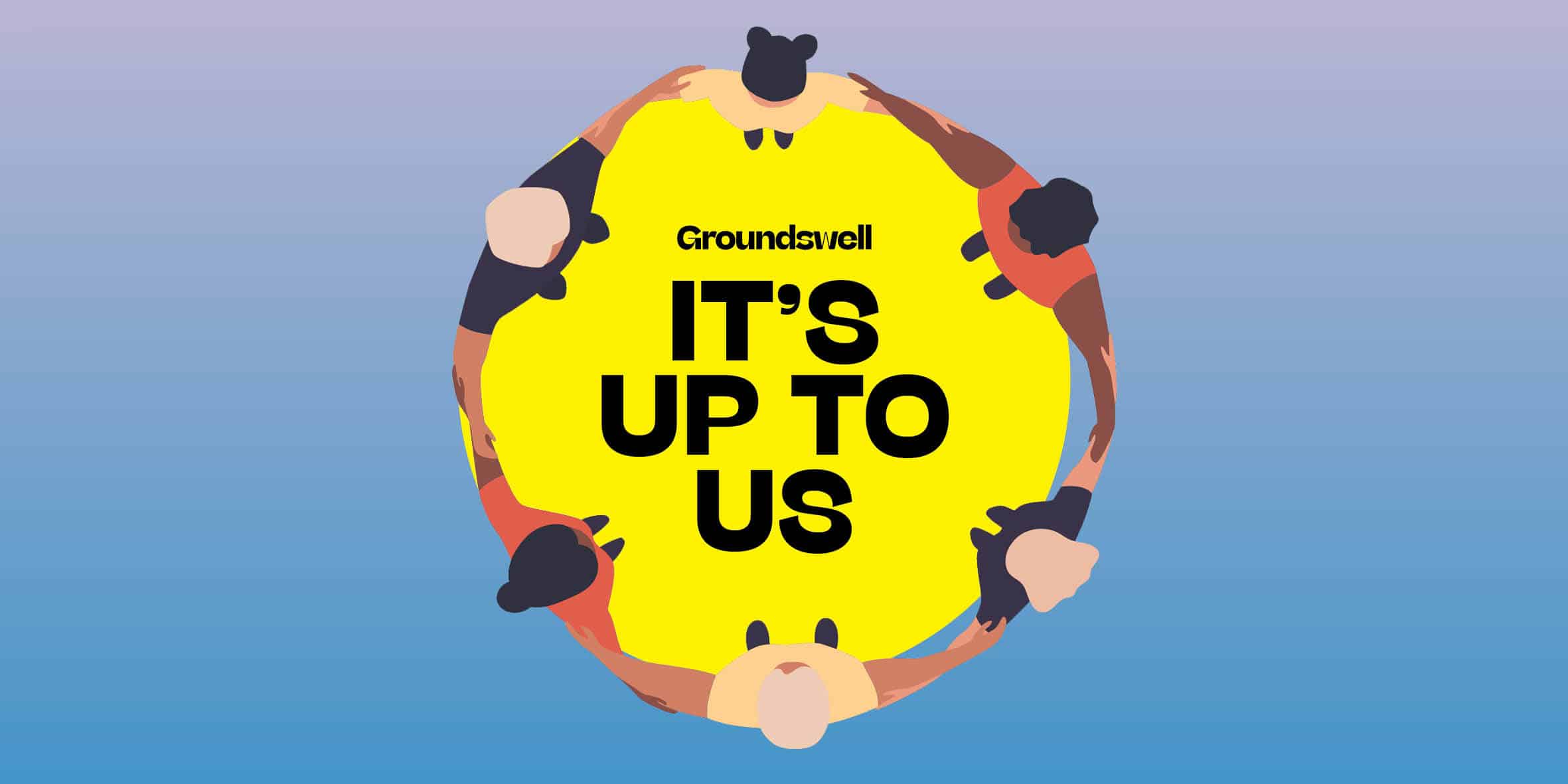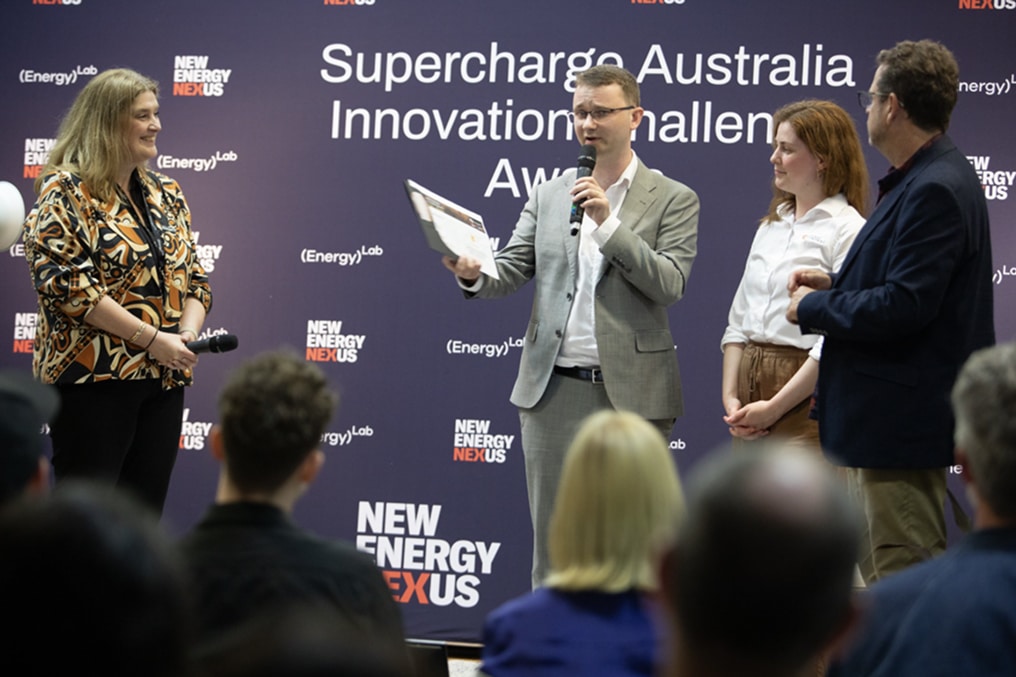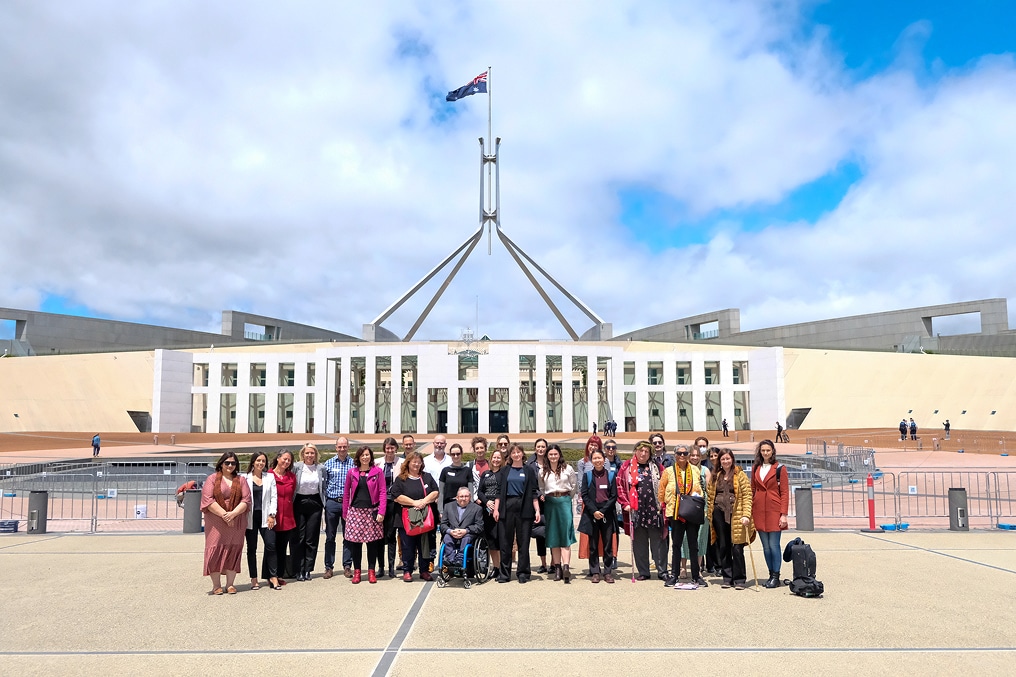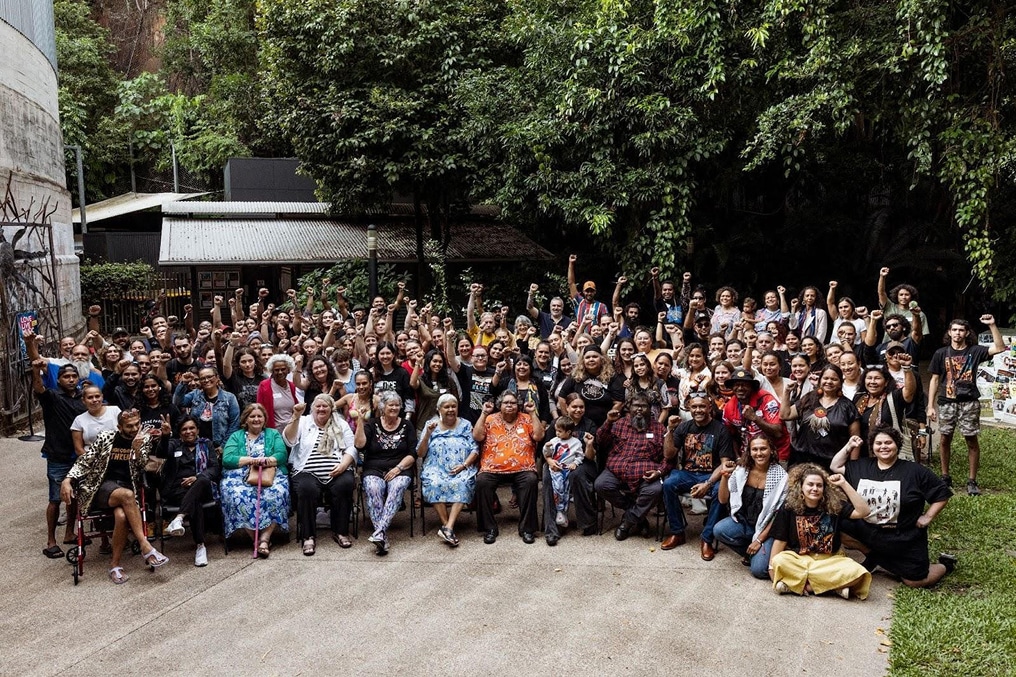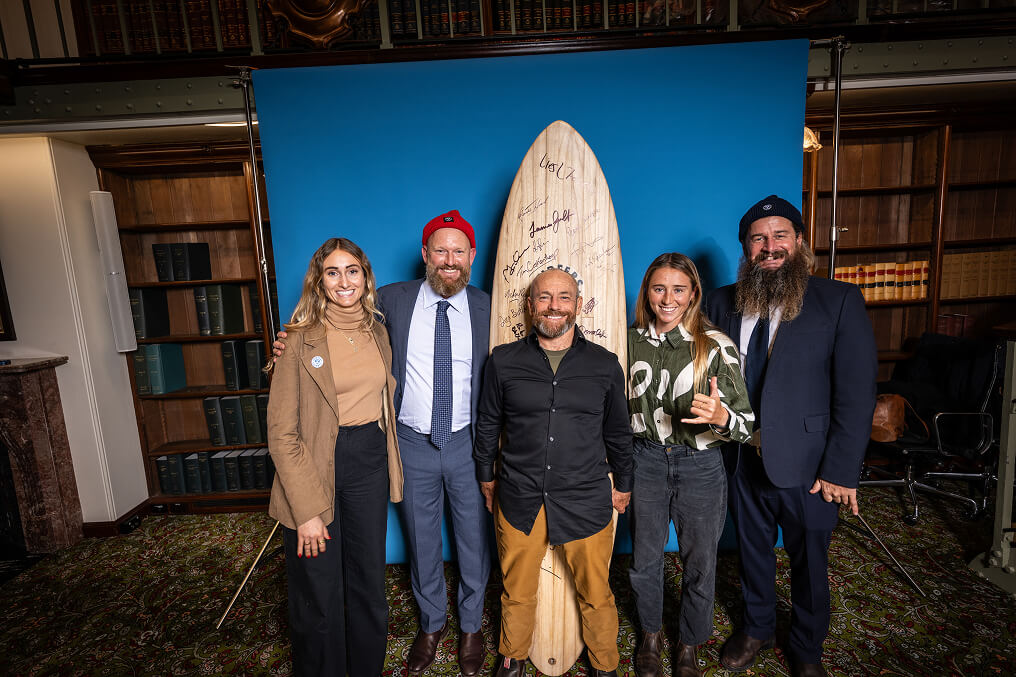The WorldSkills International competition is a four-day Olympics-style event in which young tradespeople compete. The pair happened to be sharing a train to Zurich Airport and over the next 90 minutes they barely drew breath.
Grant had been open about the hardships he’d experienced and the huge impact these competitions had had on his life. “That’s exactly why I got Australia involved, to open up opportunities for young people they couldn’t have dreamed about,” says Tjerk.
Little did Grant know that Tjerk had been pivotal in Australia’s involvement in WorldSkills International.
The son of Lendlease founder Dick Dusseldorp, Tjerk had grown up seeing firsthand the crucial role trades had had in building this country. He often accompanied his father on site visits and became increasingly frustrated by the ongoing disregard shown to vocational education and trades. “In Australia they’ve always been regarded as plan B or C.”
Tjerk saw an opportunity to help raise the skills and standards of the apprenticeship system in Australia and set about convening a summit for 120 apprentices and with it the inaugural Apprentice of the Year Award. He discovered the International Vocational Training Organisation [later re-named WorldSkills International] who ran the biennial Youth Skill Olympics and convinced them to sign Australia up as a member country and agree to Australia hosting the 1988 event. A WorldSkills Australia office was set up and their mission established: to challenge young people, teachers, trainers and employers to strive for world class competency standards in all industries.
With the support of then-prime minister Bob Hawke the inaugural Australian Youth Skill Olympics opened in Sydney in 1988. “Australia came third, from 18 countries!”
Tjerk – and indeed his father’s – vision of achieving parity of esteem between vocational and general education was well on its way, and when Dick was approaching retirement in 1988 they founded the Dusseldorp Skills Forum, initially to continue to support youth and skills development. One of the young tradesmen who benefited irrevocably from World Skills Australia – and indirectly from the Forum – was Grant.
Two years after completing his plumbing apprenticeship Grant entered, and won WSA’s regional competition, gaining entry to the national competition which he also went on to win.
![]()
I had no expectations. I’d struggled with depression and this was something to prove to myself, I was alright. I couldn’t believe I’d won, it was the happiest thing, said Grant.
![]()
His win meant entry into the international competition in Switzerland where he met Tjerk for the first time but that was just the beginning of their connection.
In 1995 Tjerk joined the board of WorldSkills International and conceived a pilot program: Skills Across the World.
First stop Zimbabwe, 1998, with a team of two young Australians, a Canadian, a New Zealander and a master carpenter from Liechtenstein. Grant says, “I felt so lucky and wanted to share the skills with other young people who’d never had the chance, so I jumped at it.”
The next six months proved life-changing, for both the Australians and the villagers of Makwe. Seven locals offered to work as a team with the international crew who taught them everything they knew, from concreting slabs for toilets to bricklaying, carpentry and roofing. By the end of their time the village had a beautiful new primary school complete with proper flooring, a pitched roof and tables and benches for the students.
![]()
It was a chance for our international champions to actually go and help develop skills in developing countries by working in partnership with other young people, sharing their skills, said Tjerk.
![]()
Today Tjerk and Grant remain committed to the spread of vocational education and trade skills and Grant still can’t quite believe all that has happened since that night on St Gallen station. “I talk about 1997 as the re-set for my life,” he says.
